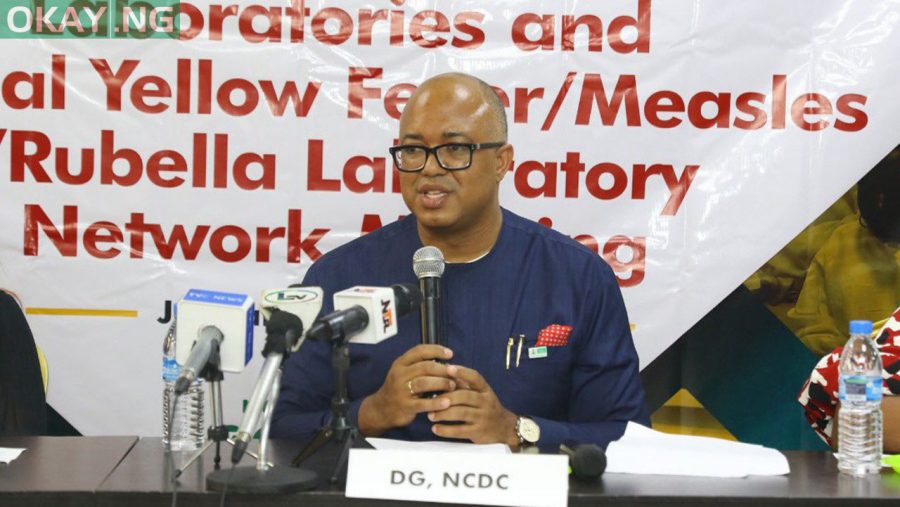There appear to be a lot of controversies trailing the recently introduced infectious disease bill that just passed the second reading at the Federal House of Representatives. This was done within a space of two hours, despite the opposition from several House members.
The bill, which was sponsored by the Speaker of the Federal House of Representatives, Femi Gbajabiamila, is to provide an updated basis for the Government’s anti-pandemic efforts, replacing the National Quarantine Act of 2004.
The Infectious Diseases Act is supposed to create a legal framework for the Federal Government to manage special circumstances surrounding infectious disease outbreaks, like the current Covid-19 pandemic, and prevent the spread.
However, critics of the bill as it is presently constituted, have expressed fears that it could be open to abuse by government officials. The bill gives a lot of sweeping and disproportionate powers to the Minister of Health and the Director General of the Nigerian Centre for Disease Control (NCDC).
READ ALSO: Nigerian automaker raises $9 million despite protest against electric car in Nigeria
If signed into law, the Minister of Health will have the right to convert any building into an isolation area, while the police will be able to arrest anybody suffering from an infectious disease, without a warrant.
It also gives the NCDC Director General the power to close down premises deemed to be overcrowded, in a country where millions live in cramped spaces, while officials authorized by him will be able to detain individuals without any warrant.
According to the Director of Policy and Legal Advocacy Centre, Clement Nwankwo, “A new law is needed but the powers are too sweeping. There are a lot of powers in the bill which could be used for political purposes.”
READ ALSO: NIMC unable to produce ID cards despite receiving over N80 billion
In his own remark, the Director General of NCDC, Chikwe Ihekweazu, said that he hadn’t been involved in the drafting of the bill. He also pointed out that it required further consultation. He said,
“I’m personally not in favor of drafting a bill in the middle of a crisis.”
In the proposed bill, officials with a court order will be able to destroy any building where infectious disease like cholera, typhoid and dengue fever occurred.
A Lagos-based lawyer, Orji Uka, said, “I cannot feel confident that I trust the Nigerian judiciary to stand up to the application of such a law by the government.”
He stated that other countries which have introduced emergency public health legislation have in-built institutions for checks and balances.
A lot of Nigerians feel that the legislature should not be in a hurry to pass such a bill that gives uncontrollable powers to police and health officers, without wide consultations and proper scrutiny. They insist that the bill should also go through public hearings.
